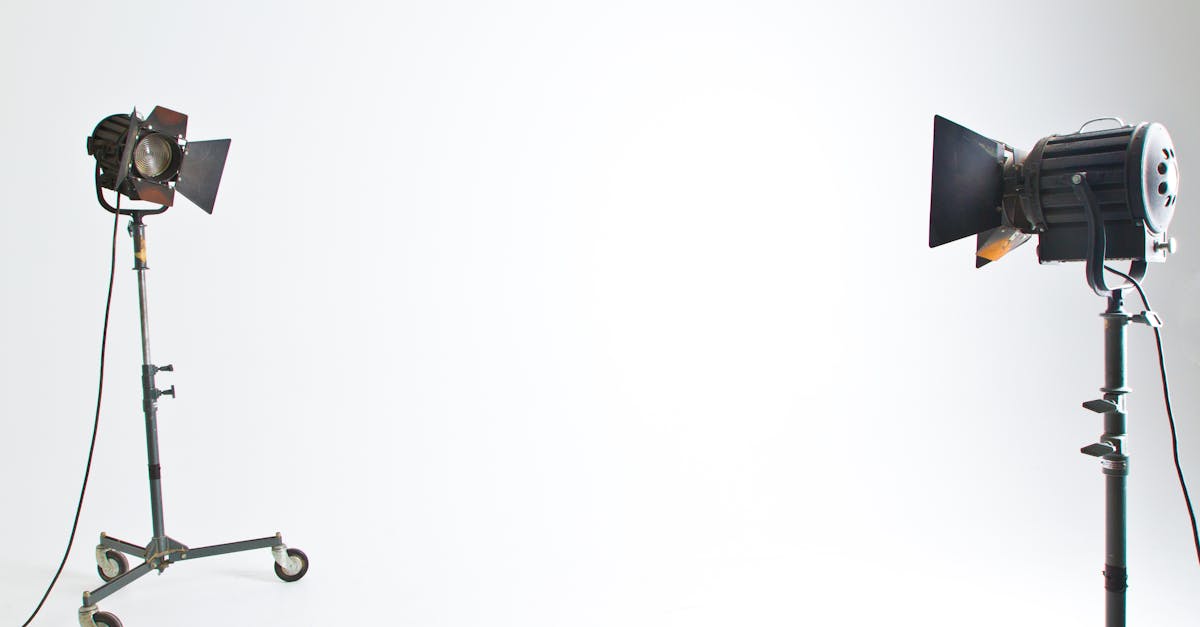
Event Photography
Table Of Contents
At Dod Son And Daughter, we specialize in capturing all the special moments of your event through our top-notch Event Photography service. Whether it's a wedding, corporate event, or birthday party, our team of experienced photographers will ensure that every detail and emotion is beautifully preserved in stunning photographs. We understand the importance of these memories and strive to provide high-quality images that you can cherish for years to come. With a keen eye for detail and a passion for storytelling, we guarantee that our Event Photography service will exceed your expectations and leave you with lasting memories of your special day. Choose Dod Son And Daughter for all your event photography needs and let us capture the magic of your celebration.
Building Your Portfolio
When it comes to building your photography portfolio, it's essential to showcase a collection of your best work. Aim to include a variety of shots that highlight your skills and versatility. Make sure to select images that not only demonstrate technical proficiency but also convey emotion and storytelling.
In addition to choosing high-quality images for your portfolio, consider organizing them in a cohesive and visually appealing manner. Group similar shots together to create a sense of flow and continuity. Remember that your portfolio is a reflection of your style and expertise, so take the time to curate it thoughtfully to leave a lasting impression on potential clients.
Showcasing Your Best Work
Showcasing your best work is a crucial step in establishing your reputation as an event photographer. Your portfolio is a reflection of your skills and creativity, so it's essential to carefully curate a selection of your top-notch photographs. Choose images that highlight your versatility, technical proficiency, and ability to capture the essence of each event.
When selecting photos for your portfolio, aim for diversity. Include a range of shots that showcase your ability to capture candid moments, group shots, and detail shots. Potential clients want to see that you can adapt to different environments and deliver high-quality images consistently. Make sure each photo in your portfolio is a strong representation of your style and expertise to leave a lasting impression on anyone who views your work.
Marketing Your Services
When it comes to marketing your event photography services, it's essential to showcase your work in the best possible light. Utilize social media platforms like Instagram and Facebook to share your captivating images and engage with potential clients. Create visually appealing posts that highlight your unique style and expertise to draw in your target audience.
Networking is another crucial aspect of marketing your services. Attend industry events, collaborate with other professionals, and build relationships with event planners and vendors. Word of mouth is a powerful marketing tool, so make sure to deliver exceptional service to every client to increase your chances of receiving referrals and repeat business.
Creating a Strong Online Presence
In today's digital age, having a strong online presence as an event photographer is essential for showcasing your talent and attracting potential clients. Your website should serve as a visual portfolio, displaying a diverse range of your best work to captivate those seeking photography services. High-quality images that highlight your unique style and technical skill will make a lasting impression on visitors, prompting them to inquire about your services.
In addition to a professional website, utilizing social media platforms like Instagram and Facebook can significantly boost your online presence. Posting regularly with engaging content such as behind-the-scenes footage, client testimonials, and sneak peeks from recent events can help increase your visibility and attract a wider audience. Interacting with followers by responding to comments and messages promptly can also help forge meaningful connections and establish your reputation as a reliable and personable photographer.
Securing Your Business
Securing your business in event photography involves taking necessary precautions to protect yourself and your work. One essential aspect is to invest in insurance coverage tailored to your specific needs. This can provide you with peace of mind in case of any unforeseen incidents that may occur while you are working at events. Additionally, it is crucial to have a comprehensive contract in place for each client to outline the terms and conditions of your services, as this can help prevent misunderstandings and disputes down the line.
Another key element in securing your business is safeguarding your intellectual property rights through copyrights. By registering your photos with the appropriate authorities, you can legally establish ownership of your work and have grounds to take action against any infringement. It is also important to clearly communicate your copyright policies to clients to ensure they understand how they can use the images you provide them. By proactively addressing these aspects, you can help protect your business and establish a strong foundation for long-term success in event photography.
Understanding Contracts and Copyrights
Having a solid understanding of contracts and copyrights is vital in the world of event photography. Contracts serve as a form of protection for both you and your clients, outlining the expectations and responsibilities of each party involved. It is important to clearly detail the services you will be providing, the fees involved, and any other important terms to avoid misunderstandings.
When it comes to copyrights, it is essential to know your rights as a photographer to the images you capture. By default, the photographer holds the copyright to the images they create, unless there is a written agreement stating otherwise. Be sure to clearly communicate with your clients about the permitted uses of the photos, whether they can be shared on social media, used for commercial purposes, or any other specific conditions. By understanding contracts and copyrights, you can protect your work and ensure a positive and professional relationship with your clients.
FAQS
What equipment do I need to start event photography?
To start event photography, you will need a DSLR camera, a variety of lenses (such as a wide-angle lens and a telephoto lens), a flash, memory cards, and a tripod.
How can I build my portfolio as an event photographer?
Building your portfolio as an event photographer involves capturing a variety of events, such as weddings, corporate functions, and parties. You can also collaborate with event planners or offer your services for free to build a diverse portfolio.
How can I showcase my best work as an event photographer?
You can showcase your best work as an event photographer by creating a professional website or online portfolio, participating in photography competitions or exhibitions, and sharing your work on social media platforms like Instagram and Facebook.
What are some effective ways to market my event photography services?
Some effective ways to market your event photography services include networking with event planners and vendors, offering discounts for referrals, advertising in local publications or online directories, and collaborating with other professionals in the industry.
How can I create a strong online presence as an event photographer?
To create a strong online presence as an event photographer, you can regularly update your website and social media profiles with new work, engage with your audience through blog posts or live videos, and optimize your online content for search engines to reach a wider audience.






